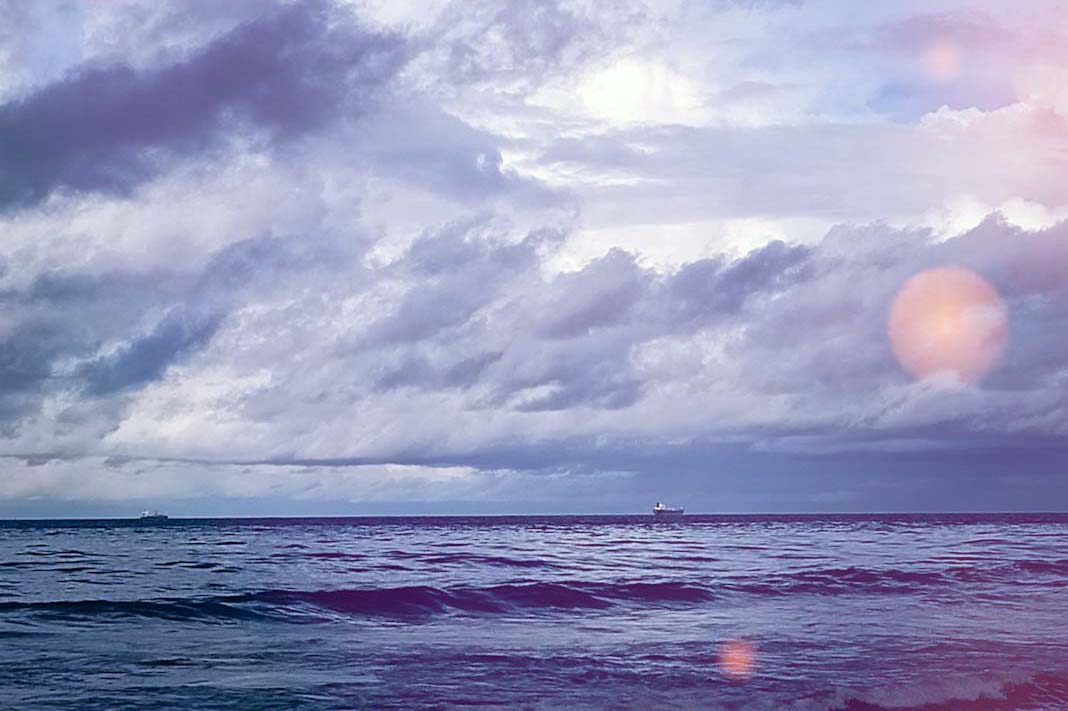Essential Role of Global GHG Regulations
Sakashita emphasized the critical importance of global regulations on greenhouse gas (GHG) reductions for the future of international shipping, during an interview with Seatrade Maritime News at Posidonia. Achieving the revised IMO GHG reduction strategy goals will require significant investment and determination.
Industry Participation in Regulatory Process
Sakashita urged stakeholders across the shipping industry to actively participate in the regulatory process through their member states and representative organizations at the IMO. This involvement is essential for creating robust and effective regulations.
Key Challenge: Supply of Carbon-Free Fuels
ClassNK’s analysis of the revised IMO strategy identified the development of a supply capacity for carbon-free fuels as a crucial issue. “Huge investments are needed in this sector, but currently, we cannot expect a sufficient supply of carbon-free fuel,” said Sakashita.
Comprehensive Measures for GHG Reduction
Given the limited availability of carbon-free fuels, Sakashita stressed the need to employ a variety of measures to reduce GHG emissions over the next decade. These measures include the use of biofuels like bio-methanol and bio-diesel, energy-saving devices such as wind-assisted propulsion, and carbon capture and storage technologies.
Support for Decarbonization: ClassNK’s Transition Services
To help shipowners and operators on their decarbonization journey, ClassNK has developed comprehensive transition support services. This includes the publication of ClassNK Alternative Fuel Insight, which aids in future fuel selection by outlining key factors for each fuel type, their orderbook prominence, and performance forecasts under global and regional regulations.
Factors Influencing Fuel Investment Decisions
Sakashita highlighted the importance of modeling variables such as carbon costs, fuel availability, and pricing to support shipowners in making informed decisions about fuel investments. The publication also reflects on the current state of green and blue fuel production projects for methanol, ammonia, and hydrogen, noting that many are still in the concept and feasibility study phases.
ClassNK’s Strong Presence in Greece
With approximately 1,000 Greek vessels under its class, Japan’s ClassNK is a leading classification society for Greek shipowners. Its Piraeus office, established in 1975, now has 21 staff members and conducts around 600 vessel surveys annually.
Commitment to Service Enhancement
Sakashita acknowledged the strong market position of ClassNK in Greece and emphasized the importance of continuous improvement to maintain this standing. ClassNK is committed to enhancing its services in Greece, offering a range of functions including classification surveys, technical support, information provision, and training.
Expanding the Role of Classification Societies
Sakashita envisions an expanded role for classification societies in line with the maritime sector’s business transformation. Under the slogan “Charting the Future,” ClassNK aims to extend its services beyond traditional classification, partnering with industry stakeholders to navigate future challenges together.
Did you subscribe to our daily Newsletter?
It’s Free! Click here to Subscribe
Source: Seatrade Maritime























When we are moving from liquid fuel to gas , hope we are also exploring the possiblility of swicthing from very heavy reciprocating engine to Gas Turbine and waste heat recovery through steam turbine for propulsion and electric power generation on board. This will also reduce the risk of too many pipe connections (as in Reciprocating engines) for gas and high risk of un detected gas leakage leading to explosion.
When we are moving from liquid fuel to gas , hope we are also exploring the possiblility of swicthing from very heavy reciprocating engine to Gas Turbine and waste heat recovery through steam turbine for propulsion and electric power generation on board. This will also reduce the risk of too many pipe connections (as in Reciprocating engines) for gas and high risk of un detected gas leakage leading to explosion.